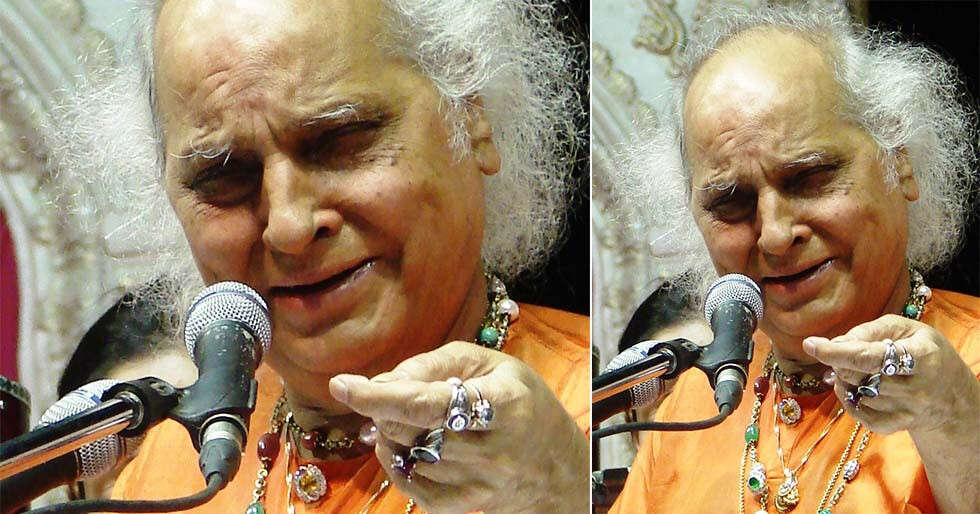One of India’s foremost classical vocalists, Pandit Jasraj, was born in a family of classical musicians of the Mewati Gharana on January 28, 1930. His native village was Pili Mandori, which falls in the Hisar district of Haryana. His father, Pandit Motiram, a noted classical singer, passed away when Pandit Jasraj was just 4. The family, comprising his mother and two brothers, moved to Hyderabad soon after, where his brother Pratap Narayan (composer duo Jatin-Lalit’s father) began teaching him the basics of the tabla. It’s said that the family later moved to Ahmedabad. Six years later, when he was 11, Jasraj began accompanying his elder brother Maniram, a vocalist, on the tabla.
He could have emerged as one of India’s best percussionists but for a snide remark by a vocalist. That made Panditji give up the instrument and take up vocal singing. He reportedly vowed he’ll not cut his hair till he became an accomplished singer. He became one of the most celebrated classical vocalists and was the recipient of several awards and honours like the Padma Vibhushan, the second-highest civilian honour in the country, the Sangeet Natak Akademi Award, Maharashtra Gaurav Puraskar, the Dinanath Mangeshkar Award, the Rajiv Gandhi Award and many more.
He gave his first concert at 22. The family moved to Kolkata in 1946, though he continued to train in the Mewati style. Kolkata is known for its rich cultural heritage and was a hub of classical musicals at that point of time and it can be surmised that he benefited greatly from their influence. He also reportedly trained under Swami Vallabhdas of the Agra Gharana. He was said to like Ustad Amir Khan of the Agra Gharana and began incorporating elements from other gharanas into his music. While purists were understandably angry at what they consider sacrilegious, he was later ironically praised for his innovations by music connoisseurs. He devised a new jugalbandi style where male and female singers sing different ragas at the same time. It came to be known as Jasrangi after him.
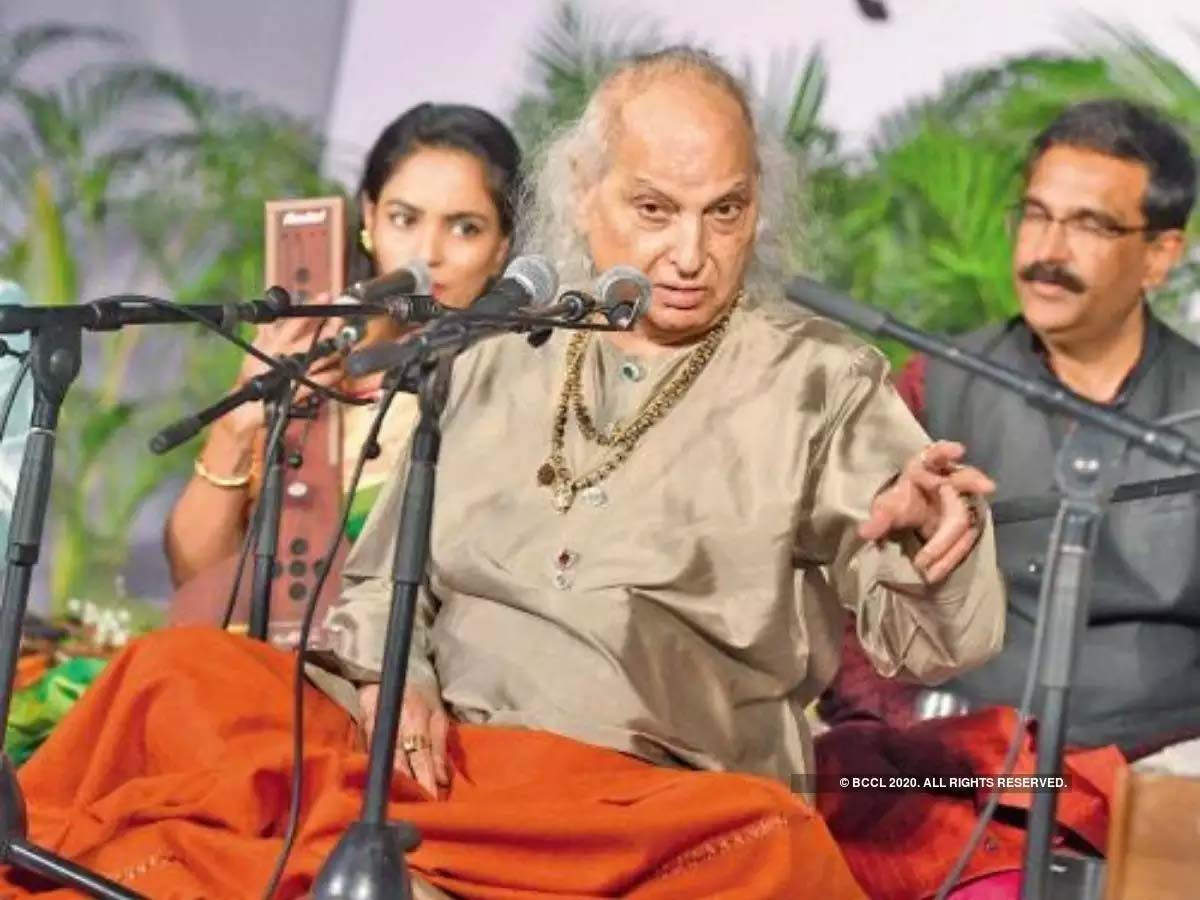
His music came to be known for its spiritualism, it’s divinity. He was said to be close to spiritual guru Jiddu Krishnamurti. We don’t know whether it was this influence or his own natural progression towards the devotional aspects of classical music that led him to Meera Bhajans, Jaideva’s Geeta Govindam, to Vedic chants and recitations of Upanishadic texts, as also poetry written by other saint poets.
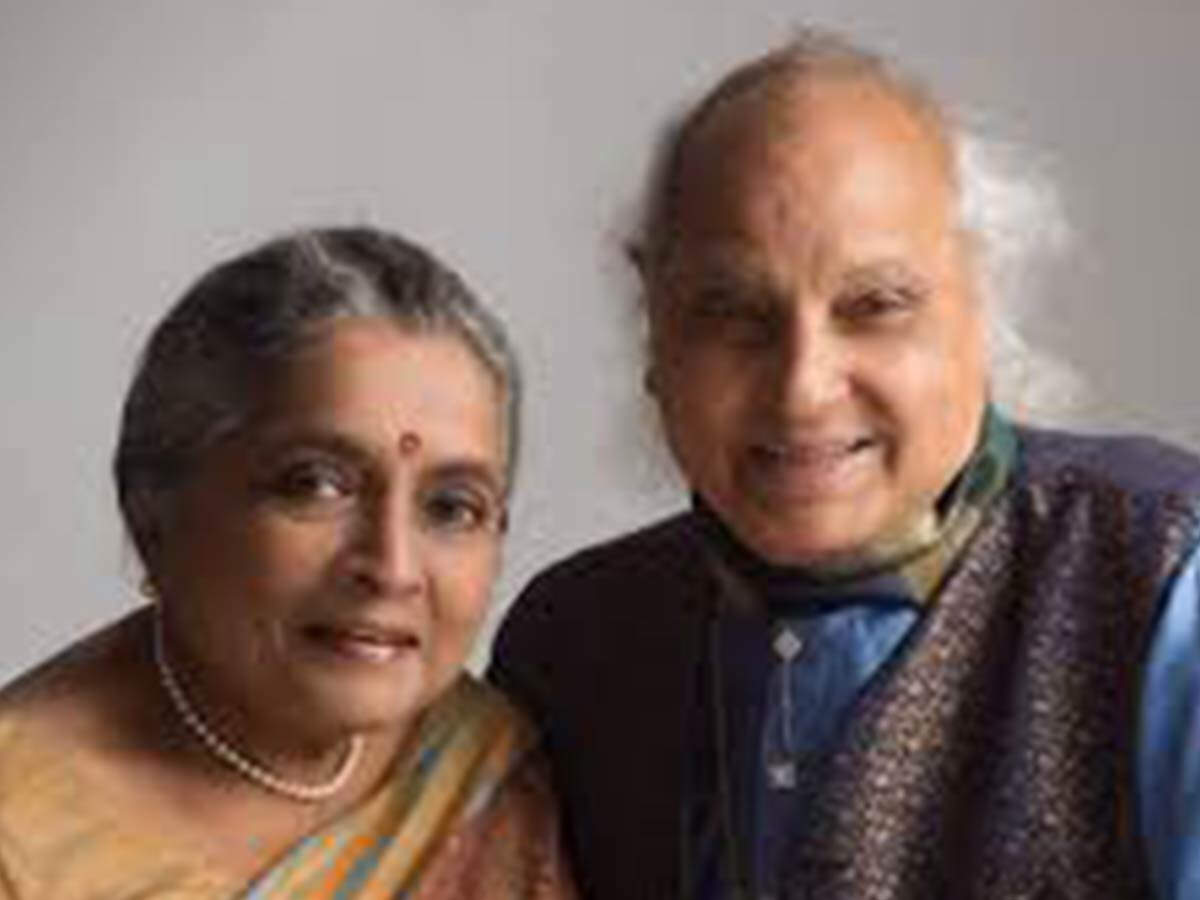
He has a distant relationship with the film industry in the sense that he married filmmaker V Shantaram’s daughter Madhura, whom he reportedly met on the sets of Jhanak Jhanak Payal Baje (1955). She’s a filmmaker in her own right, having directed documentaries on both her father and her husband before making her directorial debut in fiction with the Marathi film Aai Tujha Aashirwad (2010). The couple has two children, music director Shaarangdev and actress and singer Durga Jasraj.
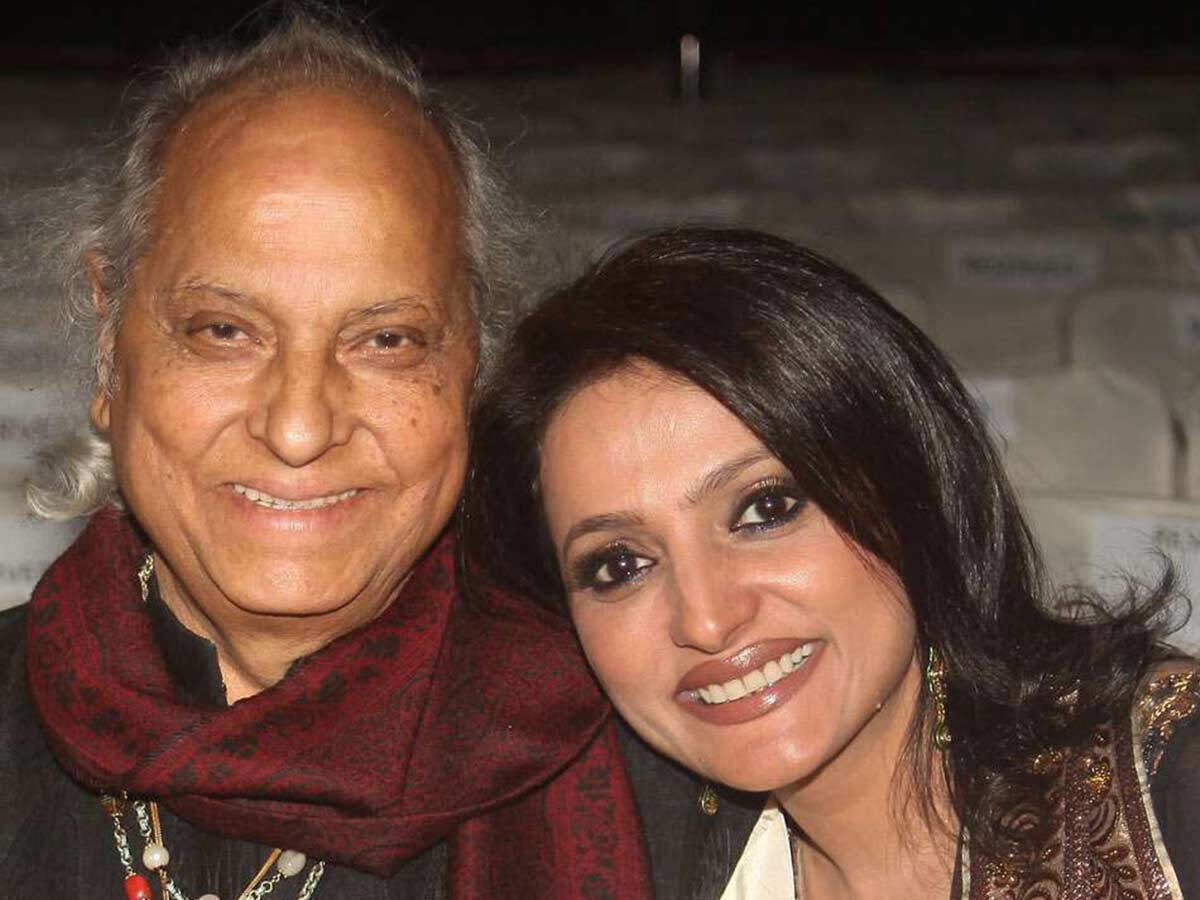
He did sing in a few songs in the film, such as Vandana Karo, composed in the raga Ahir Bhairav by the composer Vasant Desai, for the film Ladki Sahyadri Ki (1966), a duet with vocalist Bhimsen Joshi for the soundtrack of the film Birbal My Brother (1975), and a ballad, Vaada Tumse Hain Vaada for 1920 (2008) directed by Vikram Bhatt.
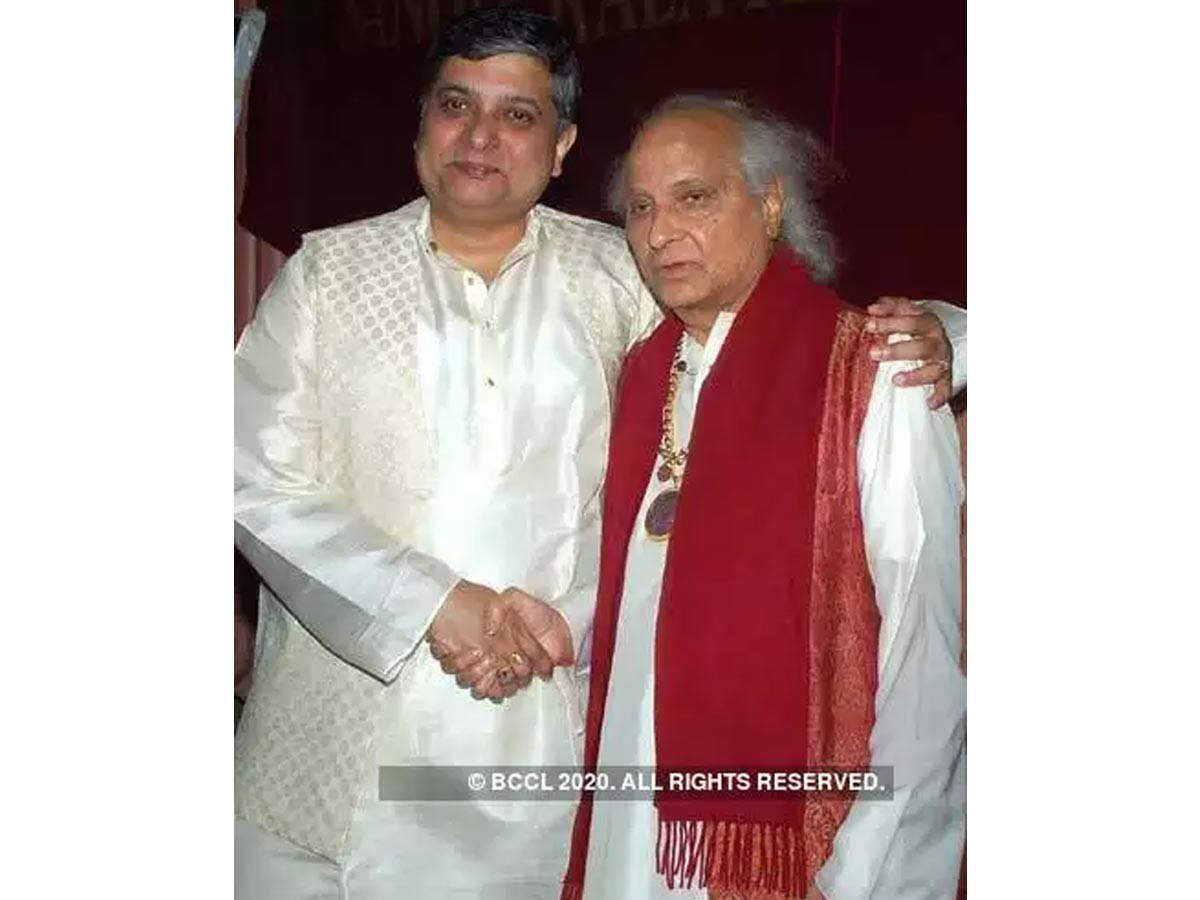
Panditji was a fabled teacher and his list of renowned students include Saptarshi Chakraborty, Sanjeev Abhyankar, violinist Kala Ramnath, Tripti Mukherjee, Suman Ghosh, flautist Shashank Subramanyam, Anuradha Paudwal, Sadhana Sargam, Ramesh Narayan and many more.
Pandit Jasraj passed away on 17.08.2020 due to cardiac arrest. He was living in New Jersey, USA and was 90 years of age at the time of his death.

